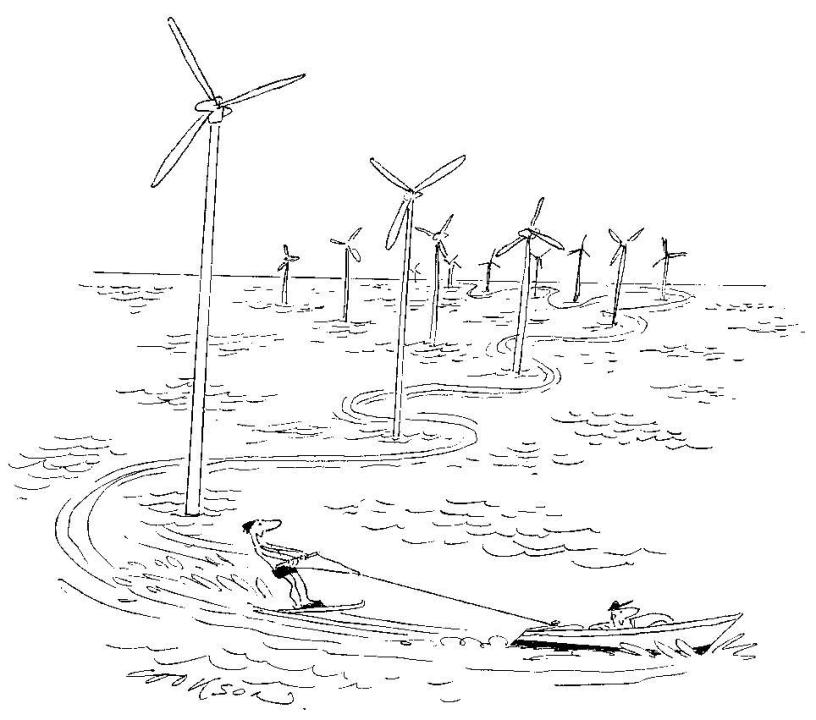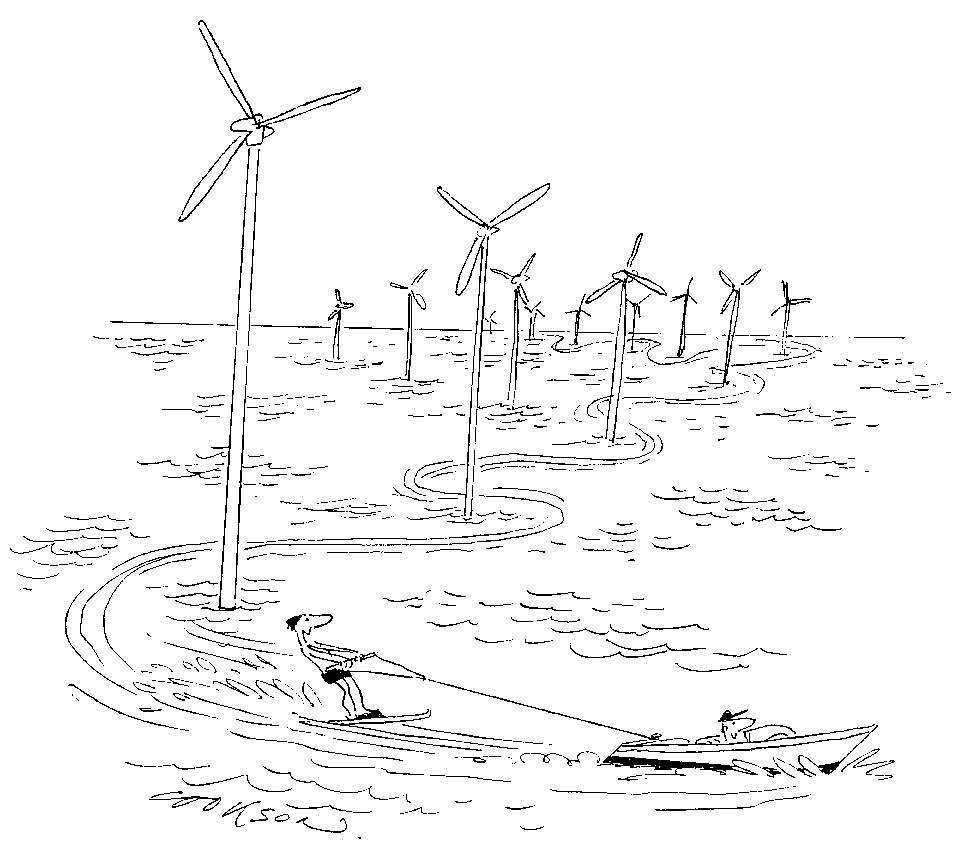Nobody communicates his pleasure in winning with a more all-embracing bonhomie than professional gambler Harry Findlay. Labrador puppies presented with a dog treat are a model of restraint by comparison. Even so, the degree of Harry’s enthusiasm as I presented him with the trophy earned by his Inler in the Barry Hills Biography Stakes at Doncaster on Saturday came as a surprise. It turned out that his joy in accepting the capacious ice bucket, the £7,546 he will share with the Sangster family and a free copy of Frankincense and More was just a little supplemented by learning that he held eight of the 14 winning tickets in that day’s Tote’s Scoop6, giving him a decent chance of picking up the £1 million rolling bonus this weekend.
Harry, it turned out, had already nearly finished the book, but there were copies, too, for trainer Brian Meehan and jockey Kieren Fallon, both delighted to see Inler, once a 2000 Guineas fancy, back to near his best. After Barry and I had completed a betting-hall signing session, my signature wavering occasionally at the daring décolletage of Doncaster’s female racing fans, somebody asked, ‘Why did you choose to write about Barrington W. Hills? Don’t they call him Mr Grumpy?’
Indeed, they do. Wife Penny has a cushion in their drawing room emblazoned with the slogan: ‘Sometimes I wake up grumpy and sometimes I let him sleep.’ But there is a great deal more to Barry Hills than the occasional gruffness that he has built in as a trademark.
He is the definition of the self-made man. The son of a head lad, he started off in stables himself on £25 a year plus clothing allowance. Working cannily with other travelling head lads while employed by John Oxley, he built up a betting pot over a period then went in big on Frankincense, a horse he was convinced would win the Lincoln Handicap in 1968, backing it through the winter from 66–1 down to 8–1. Frankincense duly won and Barry pocketed £60,000, worth around £1.5 million today. With that he bought a Lambourn stables from Lester Piggott’s father and within four years he had trained Rheingold to win the Prix de l’Arc de Triomphe, the richest race in Europe. He has been in the top ten trainers list virtually ever since and turned out more than 3,000 winners, collecting 11 Classics on the way.
Always as impeccably turned out on the racecourse as his horses, Barry was at one stage installed by Robert Sangster to run the great Manton racing estate. When Sangster’s funds dipped and Barry was unable in an earlier recession to buy the complex, he moved back to Lambourn to build a £3-million state-of-the art yard at Faringdon Place. It is his, not the bank’s, and he has also sired a racing dynasty. Son John is a Lambourn trainer, son Charlie is one of Barry’s assistant trainers and son George is involved in the stud business in the USA and Argentina. The twins Richard and Michael, now in their mid-forties, remain among the top Flat jockeys in Britain.
Barry would have succeeded in any field he chose. Yes, he can be fierce, but the storms are over in ten minutes flat and no grudges borne. Top jockey Darryll Holland, out on the gallops one morning, felt Barry’s Long Tom whip cut into the back of his legs. He’d ridden a couple of winners over the previous two days but had twice incurred the wrath of the stewards for excessive use of the ‘persuader’. ‘Now you know what those bloody horses felt like,’ said Barry. Darryll stormed off to his digs, planning to walk out, only to get a puzzled phone call from the boss. ‘Where are you, your horse is tacked up and ready.’ Back he came, lesson learnt.
Yes, Barry is a traditionalist and a stickler for detail, but he is always willing to experiment, too, in the quest for more winners. The fascination for me was not just in going through his incredible life story — this is a man who has uncomplainingly fought cancer for 20 years and who regularly used to make an extra £50,000 a year taking on the bookies — but also observing him at work up on the gallops, around the yard, in the parade ring, trying to discover what makes a great trainer. So much is instinct, the eye for a horse in the sale ring, the sixth sense of when to back off and when to step up the exercise regime, and patience is vital. It is no coincidence that Barry is a great gardener, too. ‘Horses,’ he says, ‘are like flowers. They bloom when they are ready.’
Frankincense and More, the biography of Barry Hills, by Robin Oakley, is published by the Racing Post.







Comments